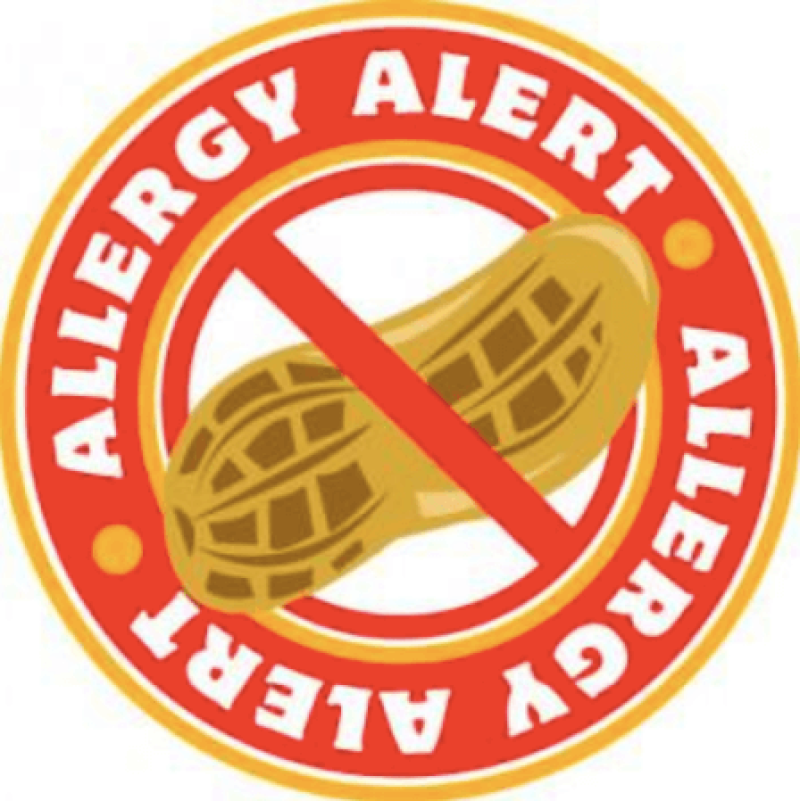Moving to the United States helped [Hortense Dodo, a food scientist and entrepreneur from Ivory Coast] reach her academic goals, but it also introduced her to a health problem that would become her career focus—life-threatening peanut allergies. These allergies are much more prevalent in industrialized nations than in the developing world, killing an estimated 150 people in the US per year, and causing many thousands more to suffer hives, breathing problems, and other reactions that can require hospitalization.
…
In her laboratory, Dodo experimented on standard peanuts using RNA interference technology (RNAi), which is a method of genetically engineering organisms by “silencing” the expression of certain proteins and traits. In this case, Dodo singled out three proteins that produce the most extreme reactions in allergy sufferers, known as Ara h1, Ara h2, and Ara h3, and was able to develop a patented process that eliminated the impact of those dangerous components.
By exposing the peanut to blood serum from people with allergies, and examining the response of antibodies to it, Dodo and her team can test the peanut’s hypoallergenic properties. The results have been extremely promising, inspiring Dodo to found her own biotechnology company, called IngateyGen, LLC, in order to bring her hypoallergenic peanut into the commercial sector.
Read full, original post: This Food Scientist Wants to Save Lives With a Hypoallergenic Peanut































